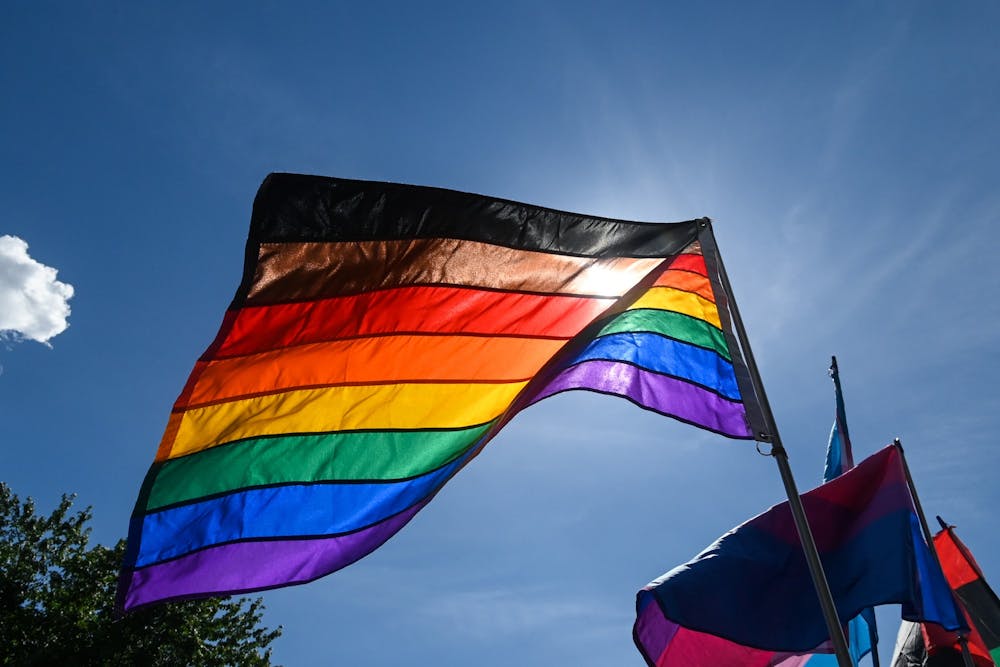
Penn's LGBT Center and Counseling and Psychological Services jointly launched a video series working to support the LGBTQ+ community amid the COVID-19 pandemic.
The video series, titled “LGBTQ+ Tips: Navigating the New Normal,” is tailored to provide support and mental health tips — particularly during the pandemic — for students who identify as LGBTQ+, CAPS Director of Outreach and Prevention Services Batsirai Bvunzawabaya said. The series released an introduction video on June 22 and has since published three episodes.
LGBT Center Director Dr. Erin Cross and LGBT Center Associate Director Malik Muhammad came up with the idea to create a video series in mid-April, soon after Penn was forced to depopulate campus and send students home, in an effort to support the specific needs of the LGBTQ+ community during quarantine.
"Many students may not be out to their families or communities and others may have lost physical access to their families of choice," Bvunzawabaya said. "The video series is just a really good way to convey wellness tips to students."
Though the videos were created with the Penn community in mind, all content is publicly available online via the LGBT Center's YouTube channel.
“We are a space that primarily serves the Penn community,” Muhammad said. “But we also understand that we are part of the larger scope of the overarching Philadelphia community, but then also just the LGBTQ+ community in general.”

Muhammad in the introduction video to the “LGBTQ+ Tips: Navigating the New Normal” series.
Muhammad said the video series is "purposely informal" and is not meant to be a replacement for therapy, which allows both CAPS counselors and non-counselors alike to provide tips and resources during the series.
Muhammad said he and Cross found it important to create asynchronous programming in order to reach students across various time zones and environments. Viewers have told Muhammad they appreciate the asynchronous format and Penn staff members have thanked the LGBT Center for taking the initiative to create content on the topics addressed.
After receiving positive feedback from the Penn community, Muhammad said he hopes the series will gain a larger audience.
“[The series is] not just for our queer folks, but for everyone that's dealing with troubling times right now,” Muhammad said.
Muhammad said he wants to collaborate with other campus centers on future videos, including bringing in representatives from La Casa Latina, Penn Violence Prevention, and Penn Women's Center.
He hopes the video series will remind the students of the University's mental health resources that are still available remotely.
CAPS began offering standing and drop-in appointments via confidential video-chat or phone call shortly after Penn shut its on-campus operations this spring, which CAPS Senior Clinical Director Michal Saraf said have been a "great success."
Though the series was designed to support the Penn community during quarantine, Muhammad said he believes the video series will continue even after the COVID-19 pandemic is over.
“We really want to encourage people to find that sense of joy,” Muhammad said. “And although we can't always see people in person, maintain those connections that are important to you, maintain staying connected to your chosen family. These are really, really important pieces for our communities that are so fragmented right now.”
The Daily Pennsylvanian is an independent, student-run newspaper. Please consider making a donation to support the coverage that shapes the University. Your generosity ensures a future of strong journalism at Penn.
Donate







